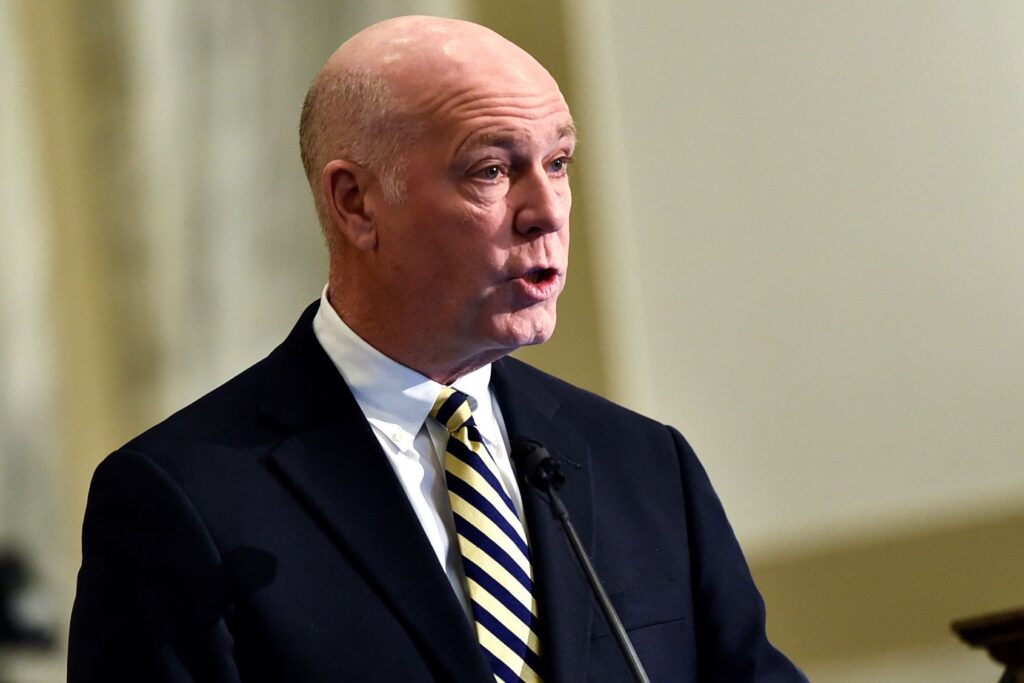TikTok Responds to Montana Ban With a Lawsuit
On May 17th, Governor Greg Gianforte of Montana signed a bill implementing a statewide ban on the popular social media app TikTok. Gianforte’s decision marked the most extreme measure taken by a state in order to restrict usage of the platform. The governor tweeted that this bill aims “to protect Montanans’ personal and private data from the Chinese Communist Party.” Montana Assembly Bill 419 is expected to formally take effect on January 1st, 2024 and includes a provision that fines individual consumers as well as app stores (from companies such as Apple and Google) $10,000 per day for using or hosting the app. Further, Gianforte also issued an executive order that outlaws using any app “tied to foreign adversaries” found on government-issued devices, “including ByteDance-owned CapCut and Lemon8” along with Telegram Messenger, founded in Russia and based in Dubai. ByteDance is the Chinese technology and entertainment parent company of TikTok.
First Amendment Rights in Question
In response, the social media brand declared that the law “infringe[d] on the First Amendment rights of the people of Montana by unlawfully banning TikTok,” and that it would still work “to defend the rights of [its] users inside and outside of Montana.” The company continues to refute claims of collusion with the Chinese government, maintaining it has not and will not share data on US consumers with China.
Response From ACLU
In addition to the app itself, the American Civil Liberties Union (ACLU) deemed the bill “unconstitutional.” The organization warned that the ban would persist if courts did not try to repeal the legislation. The ACLU also released a statement noting that “with this ban, Governor Gianforte and the Montana legislature have trampled the free speech of hundreds of thousands of Montanans who use the app to express themselves, gather information, and run their small business in the name of anti-Chinese sentiment.”
TikTok Sues After Montana Issues Statewide Ban
In efforts to reverse this legislation, the social media site filed a federal lawsuit against the state on May 22nd. Again, TikTok built its argument on the basis of this law breaching the Bill of Rights protections afforded to the company as well as its users. “Montana’s ban abridges freedom of speech in violation of the First Amendment, violates the US Constitution in multiple other respects and is preempted by federal law,” asserted TikTok attorneys. They continued to add that “yet the State cites nothing to support these allegations, and the State’s bare speculation ignores the reality that Plaintiff has not shared, and would not share, US user data with the Chinese government, and has taken substantial measures to protect the privacy and security of TikTok users, including by storing all US user data by default in the United States and by erecting safeguards to protect US user data.”
The future of TikTok in this state and even in America seems uncertain. The company, however, “hopes the court finds Montana’s ban ‘unconstitutional and preempted by federal law.’”










